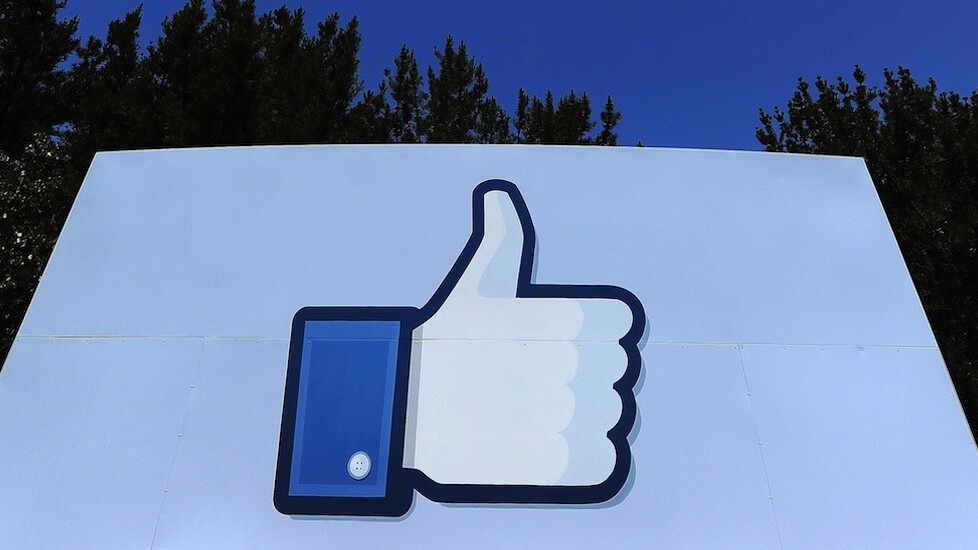
Facebook today announced improved analytics tools for app developers. The company is introducing options for measuring the performance of apps among specific groups of people as well as ways to track retention of users.
Label cohorts let developers categorize groups of people who use their app. They can then measure factors like revenue or time spent in the app, as well as A/B test various tactics.
Here are some types of label cohorts developers could use:
- Install source cohorts – You can group people by the source from which they installed an app, e.g. Facebook Ad, organic, request, etc. and measure which source brings you the people who spend the most.
- Action-based cohorts – You can group people who have taken a certain action in your app. For instance, this could be a group of people who’ve reached a certain level in your game, so you can compare that group to a group that’s reached a different level to see who spends more.
- Time-based cohorts – You can group people who have installed your app in a specific time frame. For instance, you could compare people who installed in June versus July, and see which group spends more time in your app for each month.
- Story-based cohorts – You can track impressions that you receive from posts to Facebook by people within a particular group, allowing you to determine which groups post the most, or which post the most successful stories back to Facebook.
- Create your own – This is a flexible system that allows you to test downstream actions and conversion events for groups of people using your app based on whatever criteria you choose.
Next, Facebook now lets developers track how people use their apps, based on when they installed it. The new App Event retention charts show what percentage of people took an action for any number of days after installing the app (assuming you’re logging App Events with Facebook), up to 14 weeks after the install date.
The theory is that this data will let developers see which changes they made resulted in an engagement shift. They can then run ads or make other changes based on what they learned.
App Insights already lets developers measure Facebook integrations, traffic sources and specific events taken within their apps. Now they can improve the performance of their app even further, or at least get the data to see if they can do so.
Image credit – Robyn Beck/Getty Images
Get the TNW newsletter
Get the most important tech news in your inbox each week.






